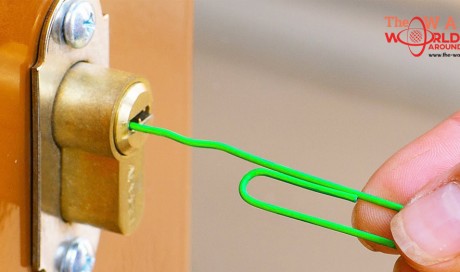When we were kids and got hurt while playing, we’d come crying to our parents who would kiss our booboo – an effective way to stop the pain… and the crying! This is the simplest example of the placebo effect – a treatment that works simply because of the individual’s belief in the treatment. We do not understand exactly how the mind affects the body, but researchers have found that simply having negative thoughts can affect pain levels.
Believe it or not, research shows that a placebo can reduce pain by 35% – which is almost the same amount of pain reduction as a medium dose of morphine – that’s the power of positive thinking. On the flip side, thinking that something is going to hurt and fearing it will have exactly the opposite effect.
In a recent study, researchers determined the effects of fear and anxiety on pain by using MRIs to map activity in the areas of the brain that are linked to fear of physical pain. They found that even though all participants were subjected to the same stimulation, the differences in perception of pain varied significantly. Results showed that the test participants who had the highest levels of fear experienced more pain than those with lower levels of anxiety. The researchers concluded that people who fear pain are more likely to suffer it.
Cognitive Behavioral Therapy: A Novel Way To Beat Chronic Pain
“On average, most studies on CBT for pain show a 30% decrease in pain on a long-term basis, which is a considerable drop”
Now that you know that your fears will increase your pain, you’d obviously decide that you will just ‘not give in to fear’ the next time around, but this is easier said than done. You might feel brave right now, but when you’re sitting in that dentist’s chair, you will revert to quaking in your boots!
Cognitive behavioral therapy (CBT) is a therapy that aims to help you manage your issues by modifying the way you think and behave. CBT can help to prevent negative thinking which in turn will reduce and alleviate pain. On average, most studies on CBT for pain show a 30% decrease in pain on a long-term basis, which is a considerable drop.
On the most basic level, CBT requires you to notice your negative thoughts as soon as they occur. You will then need to acknowledge these unhealthy thought patterns and then accept that they are unhelpful and unhealthy. The last step is to choose an affirming thought to replace your negative thoughts.
Our Take
While CBT is very effective in dealing with pain, it can also be used to manage stress and other mental health issues. Use simple CBT techniques to de-stress and keep your negative thoughts in check. Negative thoughts affect your physical and mental health and it’s easy for such thought patterns to spiral out of control and they can even pave the way for more serious mental health problems. If you find yourself constantly low, there are several tried and trusted ways to bounce back, it’s not all that tough!
Share This Post















